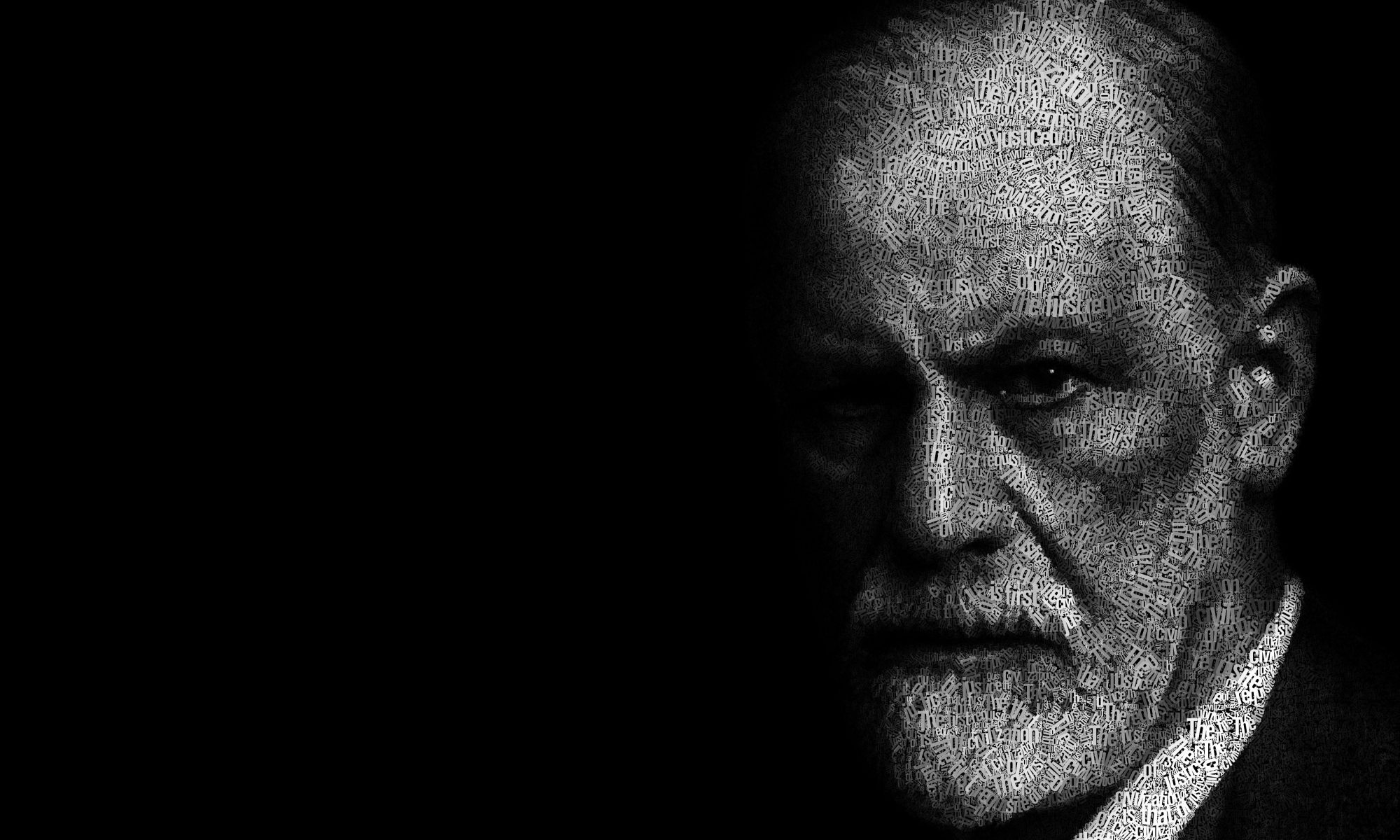About The IPAA
Building on the foundational ideas and ideals of Freud and his contemporaries, psychoanalysis has continued to grow and develop. The Association was the first psychoanalytic organisation in Ireland. It was founded by Jonathan Hanaghan in 1942. Hanaghan was sent to Ireland in the 1920s by Ernest Jones, Freud’s friend and biographer to start up psychoanalysis here. Hanaghan was analysed by Douglas Bryant who was an analysand of Freud. For this reason, the Association is a repository of concepts and practices from the early inner circle of Freud. The Association has evolved over time, to embrace the work of later analysts such as Klein, Anna Freud and Winnicott. These new ideas have enriched the field, and psychoanalytic practice has both adapted and expanded.
The Association’s ethos has been incorporated into the current candidate training.
- The course provides a comprehensive conceptual and critical understanding of the theoretical basis of psychoanalytic psychotherapy, and is a repository of concepts and practices from the early inner circle of Freud.
- Primacy of candidates personal analysis and work under supervision, over theoretical training and orientation, in accordance with the ethos of the early Freudians. However as training requirements have become more focused based on the tripartite structure of the integration of theory, supervision and personal psychoanalysis a thorough training in psychoanalytic clinical practice with adults including these elements, has been introduced in accordance with the ICP and European requirements.
The Irish Psycho-Analytic Association is a member of the Psychoanalytic Section of the Irish Council for Psychotherapy (ICP). It is a legal entity with its statutes and regulation codes. It adheres to the Ethical guidelines and disciplinary protocols of the Psychoanalytic section.
The I.P.A.A encourages high standards of professional training and practice within the psycho-analytical community. With this purpose in mind, it maintains a Register of Members recognised by the I.P.A.A as competent to practice in their profession.
The Association holds an annual lecture and has an active reading group meeting monthly for eight months each year. Its senior analysts have contributed to many public lectures and presented many papers on psychoanalysis here and abroad. Amongst its analyst members are active trainers and lecturers who have contributed to many of the university based and private trainings in Ireland.
Sociological Projects
In two decades of close association with the Department of Sociology in University College Dublin UCD, and with a succession of group analysts, we participated in the elaboration of a psychoanalytic sociology. Several years of joint funded fieldwork produced a landmark study of the Protestant community in the Irish Republic since 1922, as well as a study of a Belfast loyalist paramilitary-dominated community. Part of the upshot of this is a broader view of the host-society-in-the-individual. This is not only in the superego, benign and harsh, but in important areas of the unconscious ego. It is our belief that many individual psychoanalytic treatments founder or fail because of failure to meet the client at this level.
